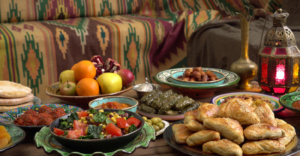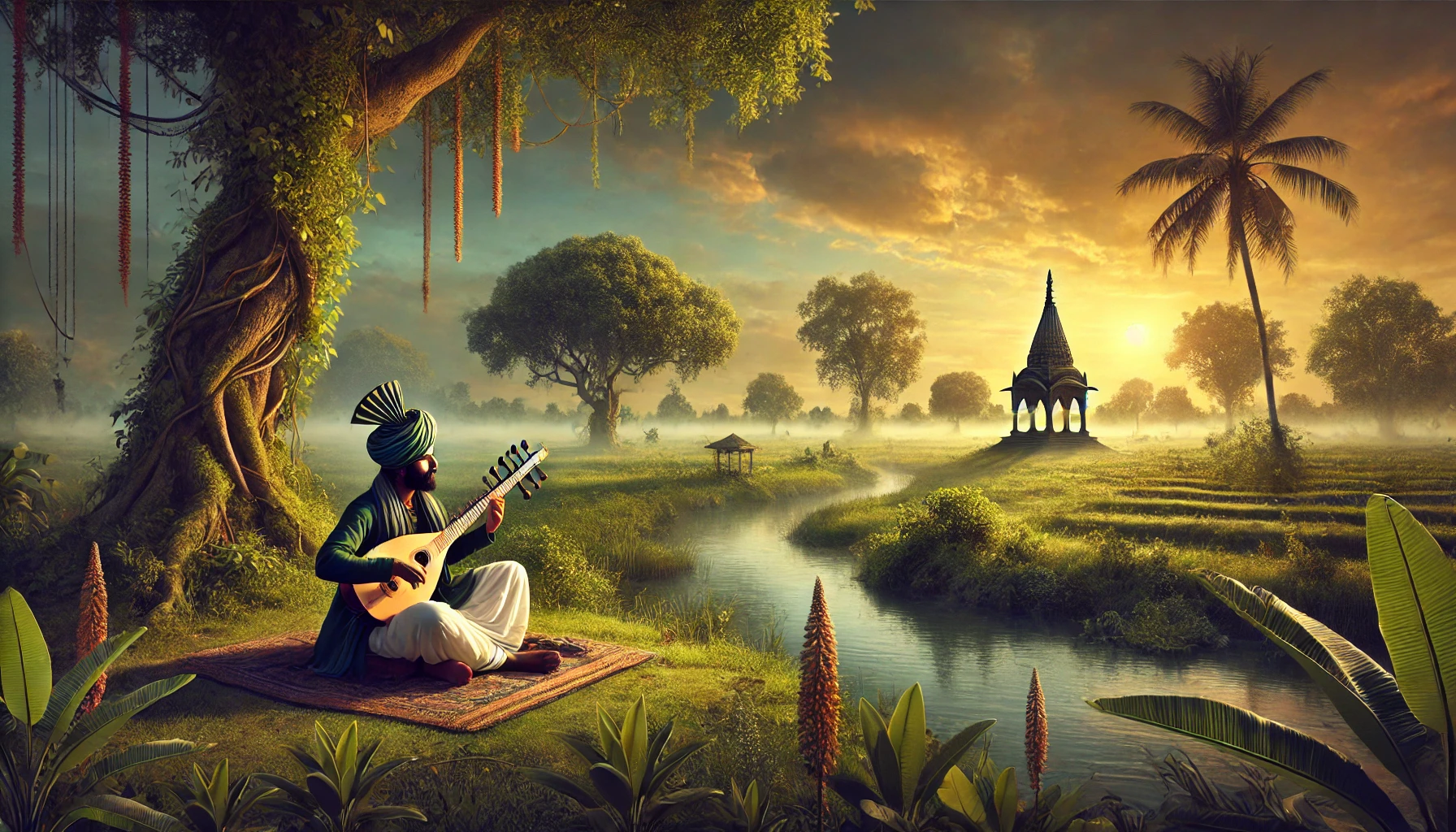Ramadan, the holiest month in the Islamic calendar, brings immense devotion and enthusiasm to Bangladesh. As a predominantly Muslim country, Bangladesh embraces a unique blend of spirituality, charity, and cultural traditions during this sacred time. The essence of Ramadan in Bangladesh goes beyond fasting—it is a time of self-reflection, community bonding, and acts of kindness.
The Essence of Ramadan
Ramadan is not just a month of fasting; it is a profound journey of self-reflection, prayer, and communal bonding. As one of the Five Pillars of Islam, Ramadan commemorates the revelation of the Qur’an to Prophet Muhammad (Peace Be Upon Him). Each year, the observance shifts forward by about 10-12 days due to the lunar calendar.
Fasting and Daily Routines in Bangladesh
Daily life in Bangladesh changes significantly during Ram’dan. People wake up early for suhur, the pre-dawn meal, often eating rice, lentils, fruits, and dairy products. As the day progresses, businesses and offices shorten their schedules to accommodate those who are fasting.
At sunset, people break their fast with iftar, a meal that typically includes dates, fried snacks like piyaju (lentil fritters), beguni (fried eggplant), chola (spiced chickpeas), and refreshing drinks such as borhani (spiced yogurt). Families and communities gather for iftar, creating a sense of unity and warmth.

Prayer and Spiritual Devotion
Ramadan is a time of increased worship. Muslims pray five times daily with heightened devotion and attend Tarawih, special nightly prayers in mosques. Many strive to complete the recitation of the entire Qur’an, reflecting on its divine teachings.
Laylat al-Qadr – The Night of Power
During the last ten nights of Ram’dan, Muslims seek Laylat al-Qadr, the night when the first verses of the Qur’an were revealed. Many believe it falls on the 27th of Ramadan and consider it more spiritually valuable than a thousand months. On this night, they engage in deep prayer, supplication, and seek divine blessings.
Acts of Charity and Kindness
Ramadan emphasizes generosity and social responsibility. Muslims give Zakat, a mandatory form of charity, and Sadaqah, voluntary acts of kindness. These contributions help the less fortunate, ensuring that all members of the community share in the blessings of Ramadan.
Cultural and Communal Traditions
Ram’dan is enriched by cultural traditions that foster unity and joy:
- Collective Iftar: Families and communities gather to break their fast together, strengthening bonds and sharing gratitude.
- Ramadan Decorations: Homes and mosques display lanterns, banners, and lights, creating a festive ambiance.
- The Mesaharati: In some cultures, a traditional drummer walks the streets before dawn, waking people up for suhur.
Eid-ul-Fitr: The Grand Celebration
The end of Ram’dan brings Eid-ul-Fitr, a festival of joy and gratitude. The day begins with special Eid prayers at mosques and open fields, followed by visits to relatives, greetings of “Eid Mubarak,” and lavish meals featuring shemai (vermicelli pudding), pulao, and korma. Families gather, children receive Eidi (money gifts), and people extend kindness to the less fortunate.
Health and Spiritual Benefits of Ramadan
Fasting offers both spiritual and health benefits. It promotes detoxification, improves metabolism, and strengthens self-discipline. Spiritually, it allows for reflection, renewal, and a deeper connection with Allah.
When is Ramadan in 2025?
In 2025, Ramadan is expected to begin on or around March 1 and last for 30 days, concluding with Eid al-Fitr on March 30. The exact dates may vary based on moon sightings.
Giving Back During Ramadan
Ramadan presents an ideal time for charitable giving. Organizations worldwide conduct special campaigns to provide food, medical aid, and essential supplies to those in need. By participating in these initiatives, individuals amplify the blessings of Ramadan and spread hope to those facing hardships.
Final Thoughts
Ramadan is a time of faith, generosity, and unity. It reminds people to practice patience, gratitude, and self-improvement. Whether through fasting, prayer, or acts of kindness, Ramadan strengthens one’s bond with Allah and the community.


